Being woken up Friday morning by a knock on the door, it took me a second to realize where I was. I rubbed my eyes and looked out the window to see the world flashing before me. It didn’t take me long to remember that I was on a train on my way to hike the highest mountain in Northern Africa. The man informed us we were about twenty minutes from Marrakech, and I thought to myself, “Almost there.” With a surge of adrenalin, I collected my things, got my backpack ready, and prepared myself for this monstrous hike seven other UNE students and I were about to endure. After arriving in Morocco almost two months before, we heard about some of the adventures the country offered, one being Mount Toubkal. Standing at 13,671 feet, Toubkal is more than twice as high as any mountain I’ve ever hiked in America, a challenge I couldn’t pass up. While planning weekend trips during our stay here, Amanda and I agreed Mount Toubkal was at the top of our list.
After realizing other students were also interested in hiking Toubkal, we decided to experience it together, and now we were twenty minutes away from the next leg of the journey. I already knew this was going to be an adventure of a lifetime.
In the Marrakech train station, we met up with our van driver who was going to bring us to the town of Imlil, which sat at the base of the Atlas Mountains. On the ride, our driver pulled over to an overlook of a Berber village and told us this was where we were meeting our guide. We hopped out of the van and were taking pictures of the view when we noticed a Moroccan man putting his backpack in our van. He looked over at us and exchanged some words with our driver. He continued to walk in our direction and introduced himself as Hicham. “Are you our guide for Toubkal?” Thor asked. “Yes,” he answered. “I will be with you for the next two days.” After all the introductions, Hicham continued to explain the whole hiking process to us, saying how it would take about 6 hours to hike to the refuge and about 4 hours the next day to hike from the refuge to the summit. He warned us it wasn’t going to be easy. All eight of us glanced at each other, exchanging looks of excitement mixed with fear. We got back in the van and continued to Imlil. With each passing mile, the excitement built inside me.
Imlil was unlike any town I’ve seen. We had explored Berber houses and small villages before, but walking through the streets of Imlil was like heading back in time. There were men walking up streets with carts filled with fruits, some pulled by donkeys. Little did we know, we were about to see more donkeys in the next two days than probably exist on the continent of North America.
At the very beginning of the hike, Hicham brought us to two donkeys that would carry our bags up the mountain to the refuge. After giving the men our bags, we used the bathroom one last time and started on our way around 12:15.
Hicham told us we had about two hours to the Berber hut where we were going to stop for lunch. Knowing we had a long way to go, we decided to pass the time by trying to get to know our guide. The beginning was little awkward, as it’s not easy to talk when you’re trying to avoid slipping off a cliff. Thor did a good job of engaging Hicham in conversation, though. We learned that he’s been a guide for the past four years and has climbed Toubkal roughly fifty times. We talked for about half an hour about the mountain itself, and he told us how the best time to tackle Toubkal was now. Hachim did more than just Toubkal tours. He also worked as a biking and kayaking guide. He hadn’t climbed for a few months, so he was excited, which made us more excited.
Hicham revealed more of his personality as the hike continued. He was a man that took his work seriously because he wanted to make sure none of us got hurt. However, he was also very funny and liked to joke around when the time was right. Whenever the trail was overly steep and narrow, he took his time to make sure we all passed safely, but if we were on a flat stretch Hachim would surprise us. The first time he asked Izzy to fight, we all looked at him, not sure what to do or say. We quickly realized, though, that he was just joking, and whenever Izzy agreed and said, “Alright, let’s go!” he would laugh and back down. “No no no no,” he said. “No fighting.”
While hiking, he talked about all the people he’s led up the mountain, and we asked him how many languages he spoke. Fluently, he speaks three: Arabic, English, and French. Being in Morocco, we learned that there was a separate Berber language, and we asked Hachim if he could understand it. Immediately, he turned around and looked at us like we were crazy. “No,” he said with a chuckle. Later on the mountain, we passed signs written in Berber. Hachim stopped in front of them and pointed the language out to us. Upon seeing it, we all said, “Ohhhhh, yeah makes sense now.” We hadn’t realized the Berber language consists of symbols. Seeing our reactions to the symbols, Hicham just laughed.
The rest of our hike to the refuge was filled with small talk, and we didn’t get to know Hicham until we arrived at the refuge and got a chance to sit down and have a conversation. While we learned a lot, the one thing that stuck out to me the most was that he wanted four wives. He was very open about this, and all we knew was that he already has one wife right now. He did have a ring on his left hand, and at one point he dropped it. He quickly picked it back up and, looking at us, said with a smirk “Can’t lose that. Wife number one wouldn’t be happy.”
When he told us he wanted four wives, we all had to keep our eyes from widening too much. Obviously, we didn’t judge him for that; it’s his culture. I had never been told by anyone that he wanted four wives, and I had to remind myself that that is okay here.
Hicham was a respectful, kind man who always put the eight of us first and did everything that he could to make the hike more comfortable. There were times during the hike to the summit that the trail was covered in snow, and ice encased the rocks. I must have slipped a hundred times, and each time Hicham was right there to help me back to my feet. Or if the trail was narrow and one side was a complete 90-degree drop, he stood firmly on the cliff side and held our hands as we passed the fatal path. We all enjoyed having him as a guide, and I always felt safe. Hicham is someone I won’t ever forget and I hope he lives a happy life regardless of how many wives he finds.
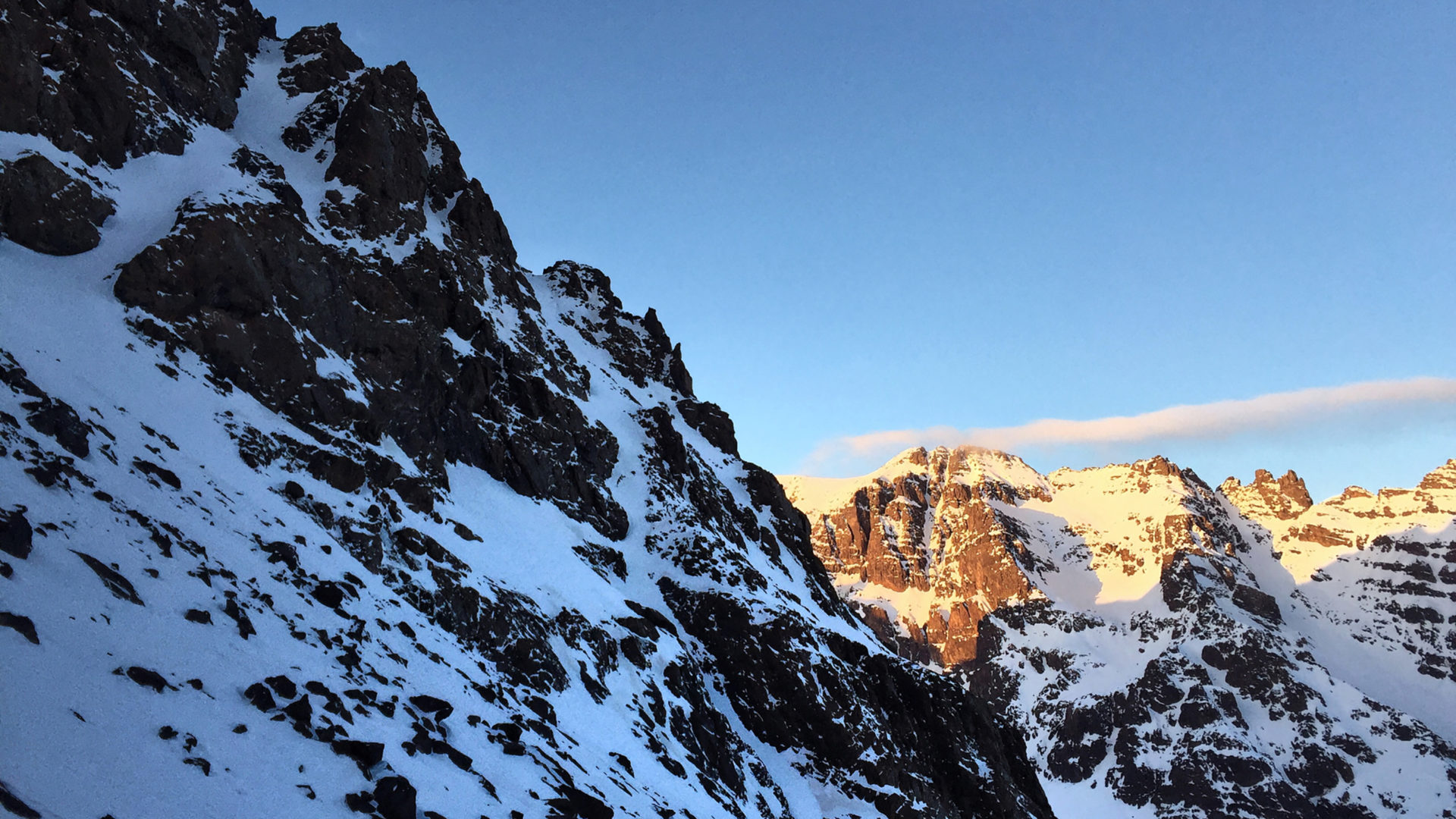
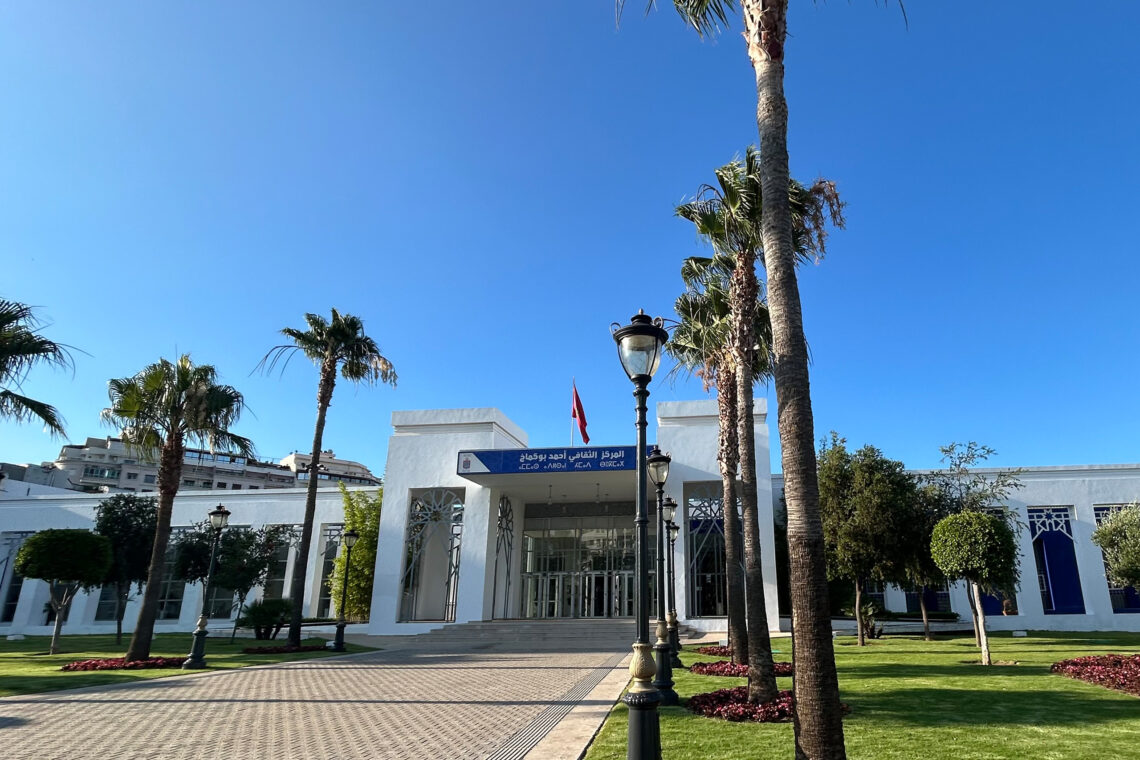
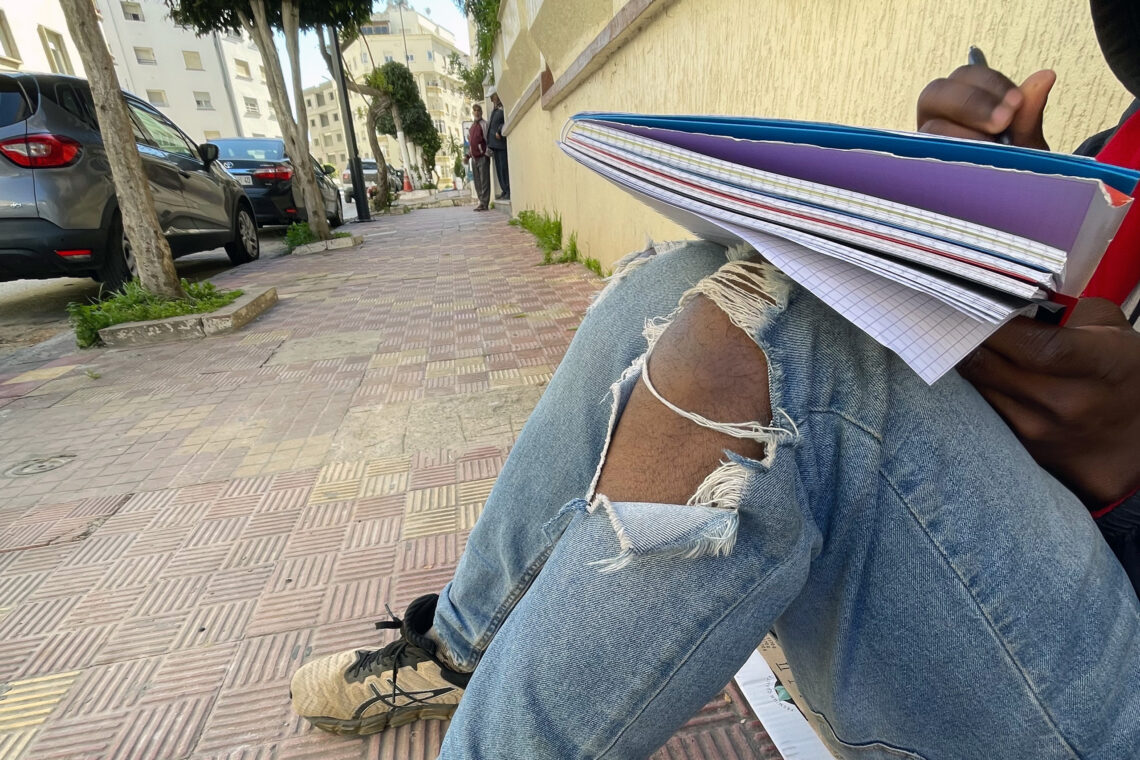
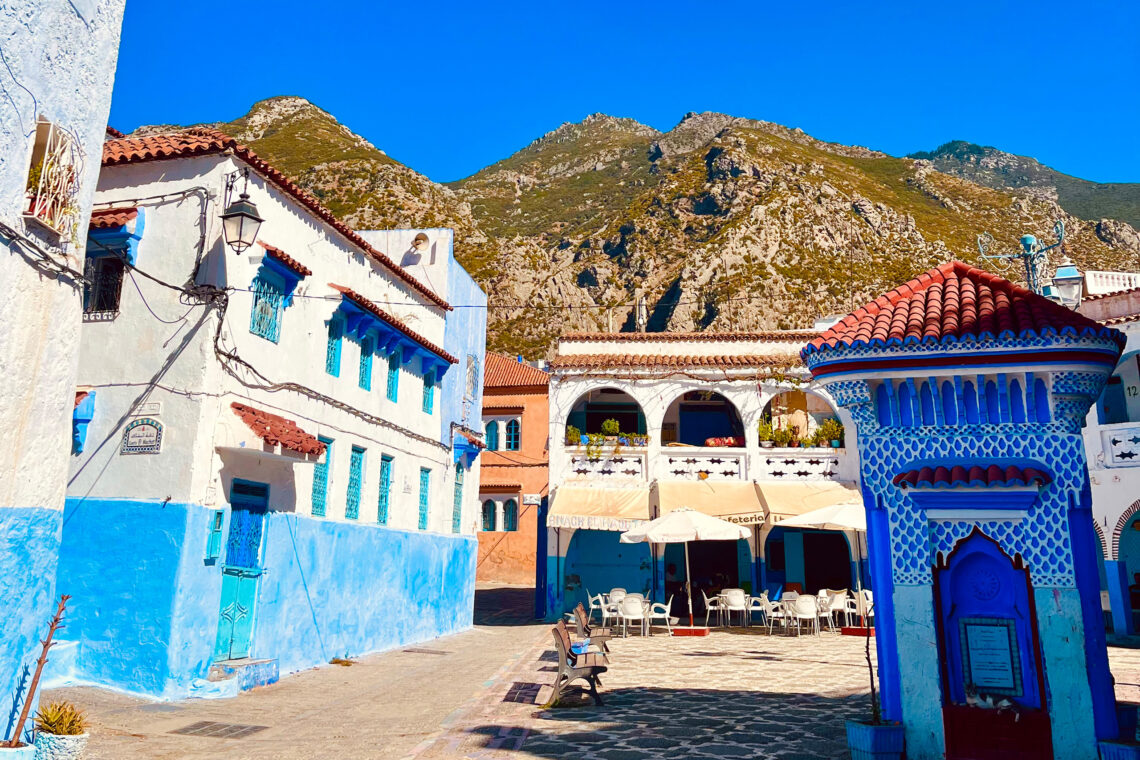
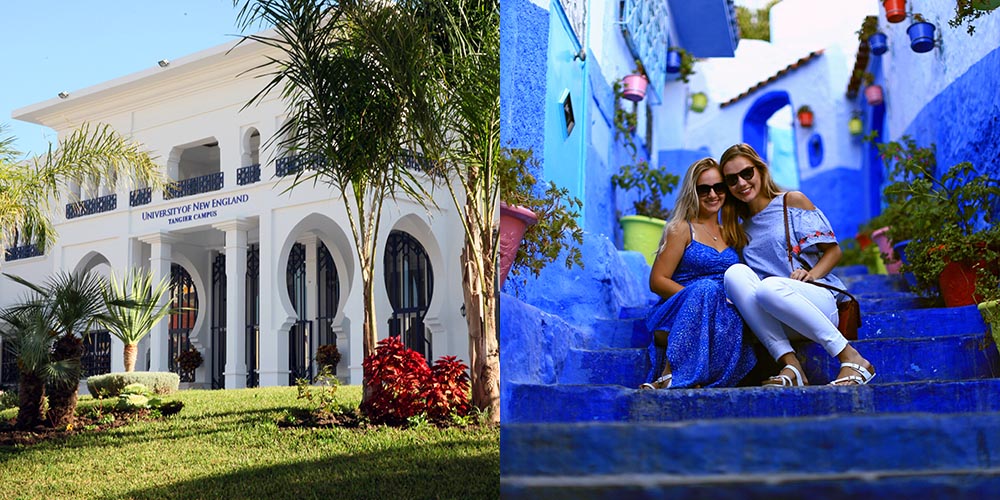

Comments are moderated by the editor and may not appear on this discussion until they have been reviewed and deemed appropriate for posting. All information collected is handled in a manner consistent with our privacy policy.